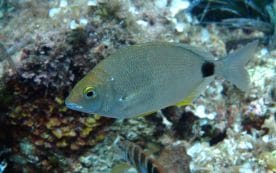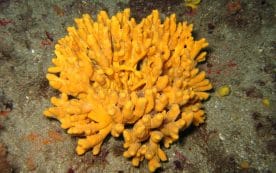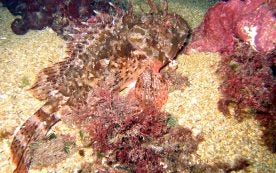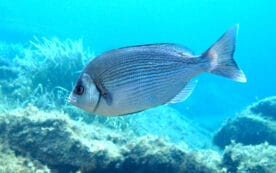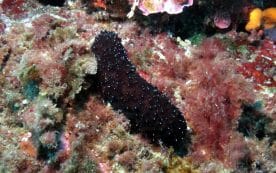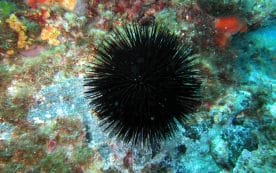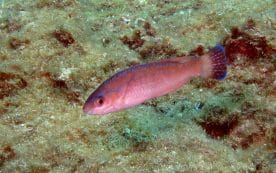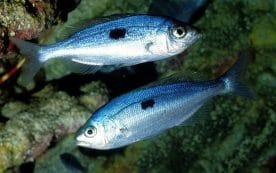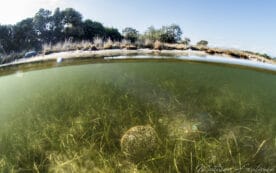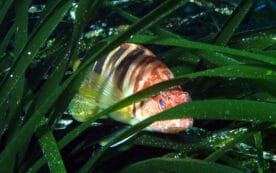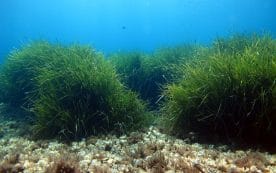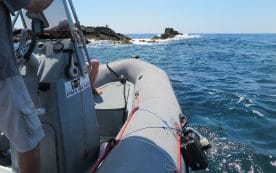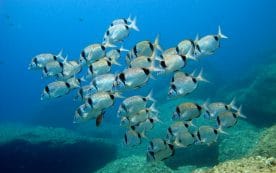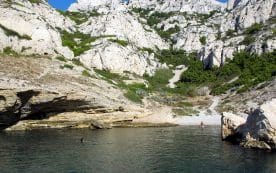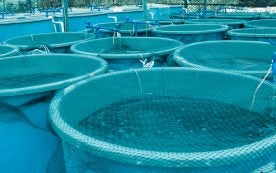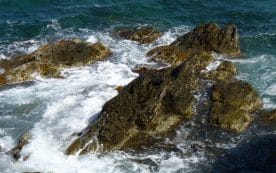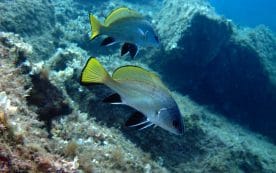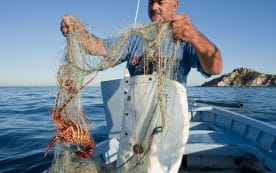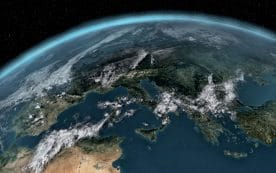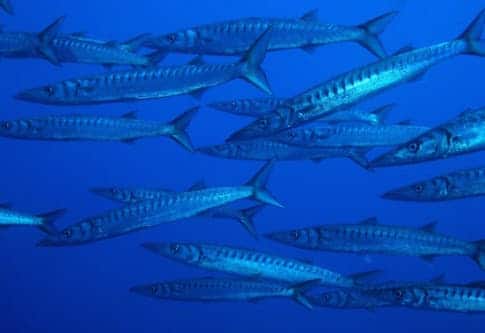
The Decade of Ocean Science for Sustainable Development has just started. What is the aim of this international initiative, launched by the United Nations, and how will it contribute to preserving the Ocean, a common good of humanity?
One thing is clear: the Ocean is at the core of the global environment.
It has been a long road, but today the major role of the Ocean in the climate machine is no longer disputed. It absorbs almost a third of the CO2 produced by humanity and undeniably mitigates the impact of climate warming. Its good state of health is of concern to all of us today, and it is faced with a range of threats: overfishing, acidification, various forms of pollution, warming of the water. And while certain regulatory measures, such as the regulation of fishing stocks, the banning of certain pollutants or the establishment of protected areas can provide a partial solution, the development of the ocean sciences is essential.
Mobilisation around ocean research
This Decade should provide the means to increase the number of research programmes dedicated to the oceans, and also to encourage exchanges between researchers, research teams and the different disciplines which make up the ocean sciences, by creating a international framework for coordination and partnerships. It should also prioritize the environmental and socio-economic aspects to propose realisable applications to help the political deciders to make their decisions in full possession of all the necessary information. Finally, because for it to succeed, everyone should feel concerned, the Decade should also support the notion of Ocean Literacy. This term implies knowledge of the Ocean which should make each of us more aware of its role.
Seeking funding
The aim of the Decade is also to diversify the sources of funding dedicated to ocean research. It is estimated that today the amount devoted to ocean research only represents, depending on the country, between 0.04% and 4 % of the total amount invested in research and development. But the investments needed, whether in technological means (the fleet of oceanographic research vessels, robots, satellite imagery systems) or in human resources (field surveys and laboratory work and data processing) are enormous.
Achieving SDG 14
The global increase in our knowledge of the Ocean should also enable us in due course to speed up the implementation of Sustainable Development Goal 14 (SDG 14): “Conserve and sustainably use the oceans, seas and marine resources”. Let us not forget that almost three billion people depend directly on the marine biodiversity to meet their needs. Most of these coastal populations are in developing countries which do not necessarily possess the financial resources to take the necessary preservation measures.
Decade of Ocean Science website
Photo: Sandrine Ruitton.

